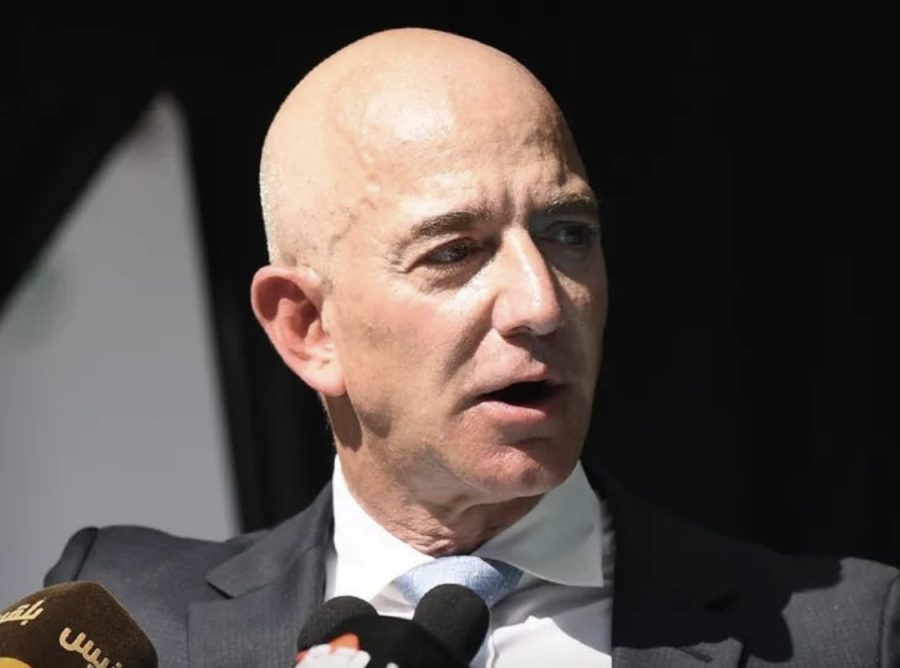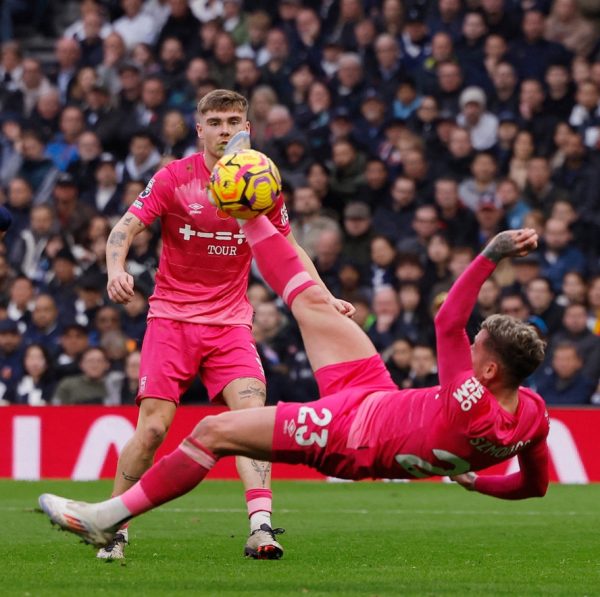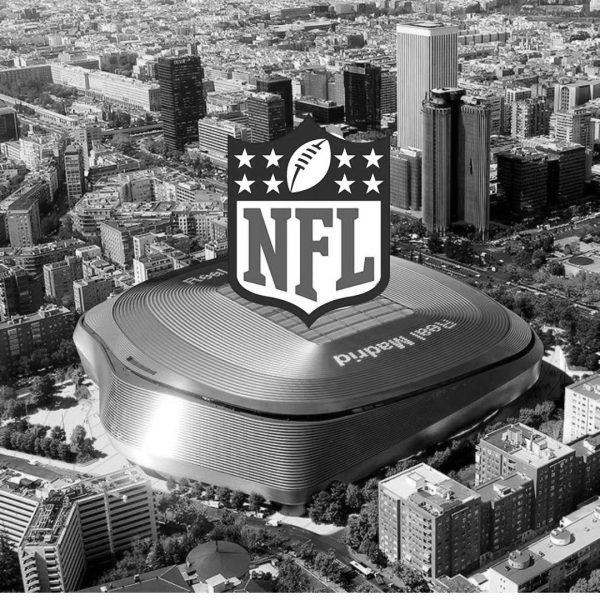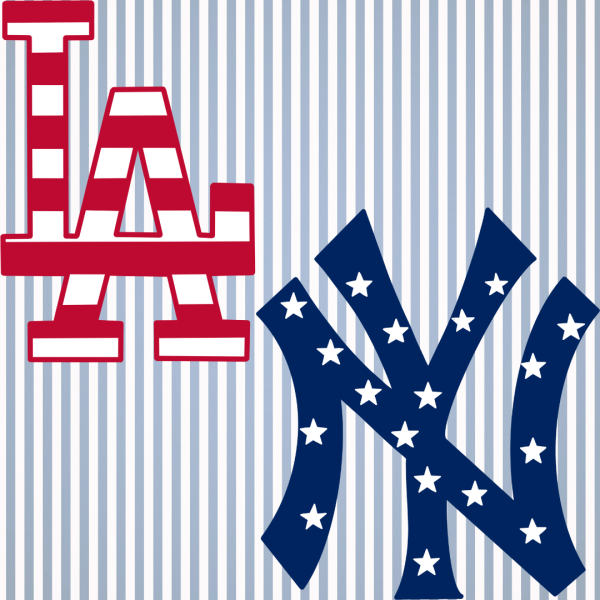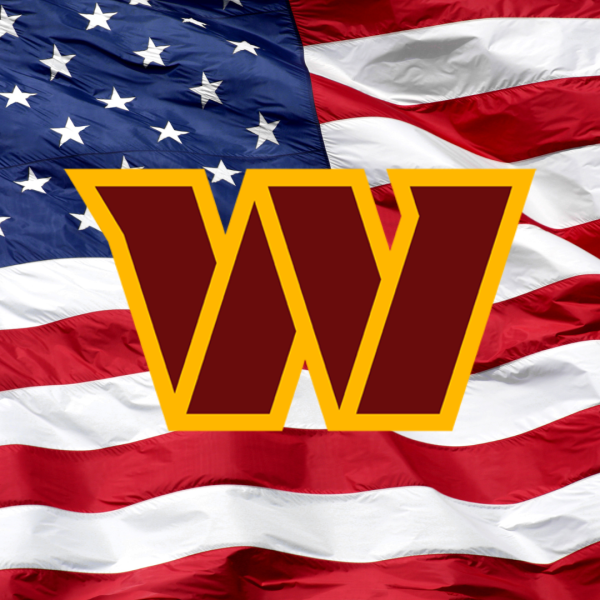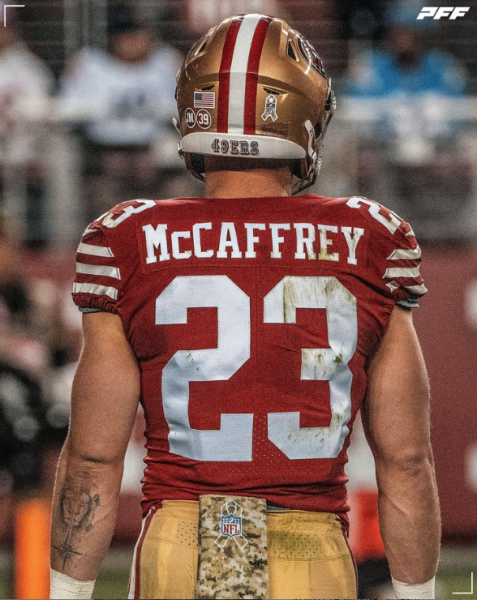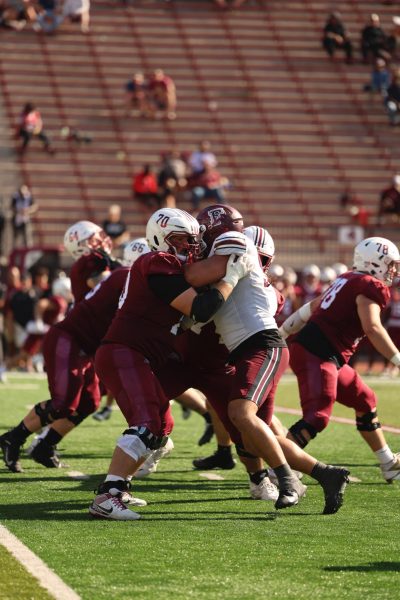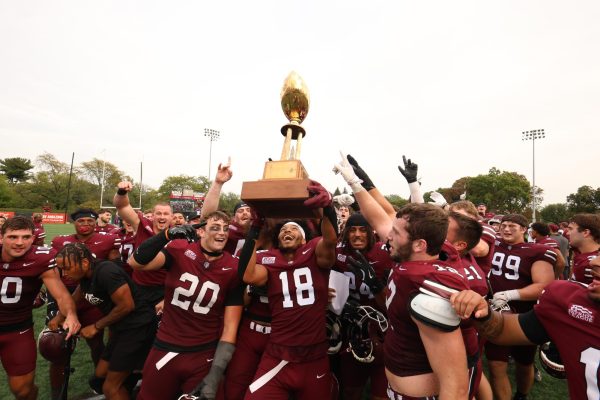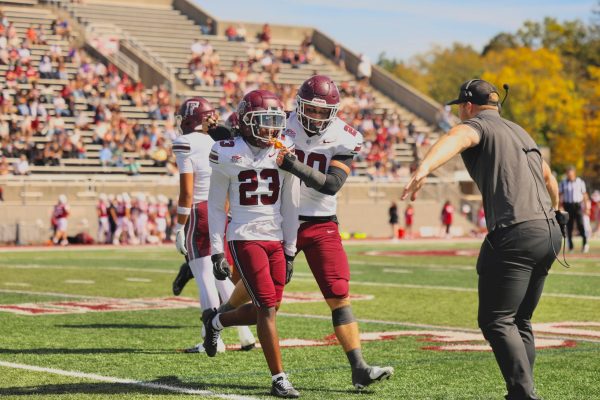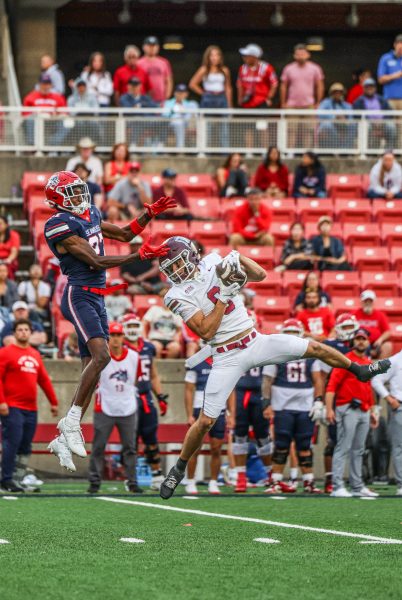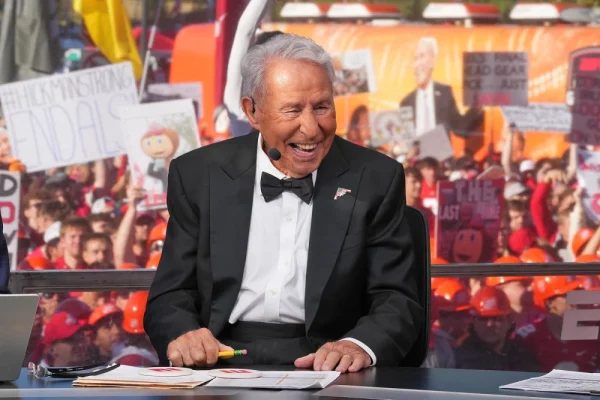Jeff Bezos Buying the Commanders: What it Would Mean For the Team and the NFL
In 1999, Daniel Snyder purchased the team known at the time as the Washington Redskins, now renamed the Commanders, for a then record $800 million dollars. Snyder has made multiple guarantees regarding his franchise, including on his first day in charge, declaring, “You want to win, we want to win and we’re going to deliver that.”
Not only has Washington taken a step back since the day Snyder bought the team, they’ve fallen off the cliff of NFL superiority. Since 1999, Washington is 164-220-2, having only made the playoffs six times with only two wins to show off.
After years of turmoil and mediocrity, attention shifted from the subpar product on the field to the growing tension off of it over the controversial former team name. Facing backlash, Snyder assertively declared that, “We’ll never change the name… It’s that simple. never.”
Nine years later, the team announced they would be adopting the name “Commanders,” scrapping the old logo and uniforms and redesigning the image of the franchise.
Fast-forward a year later and once again the spotlight was on Snyder. Snyder had been “disciplined” by the NFL and was the focus of numerous investigations into workplace misconduct within the organization. Decades of reported misbehavior and negligence followed by a lack of change, action and accountability left fans and followers hopeless that this would be any different. Then, on Oct. 18 at the NFL league meetings, Indianapolis Colts owner Jim Irsay shocked the NFL world when he stopped to talk to reporters before entering the meeting, intending to take a stand.
“I believe there is merit to removing him as owner of the [Commanders],” Irsay said. “There’s consideration that he should be removed.”
Facing mounting pressure from fans, pundits and for the first time ever during his tenure, a fellow owner, Snyder fired back at Irsay.
“Mr. Irsay will conclude that there is no reason for the Snyders to consider selling the franchise. And they won’t.” Less than a month later, the Snyder’s hired Bank of America Securities “to consider potential transactions,” the team said in a statement.
If it could not be made any clearer, Snyder is not a man of his word.
Since then, rumors have circulated regarding whether or not Snyder would sell all of the team or just a minority. However, as we inch closer to the next league meetings in March, NFL insiders have reported that Snyder is likely to sell the majority of the franchise and that one man stands far and away as the clear front runner: Amazon founder Jeff Bezos.
Bezos and his reported $167.5B net worth places him as the fourth-richest person in the world, and worth more than all of the NFL’s owners combined. Buying the team, their Ashburn practice facility and land of their current stadium, Fedex Field, in addition to funding a new stadium would present little to no challenge financially for Bezos. Almost as soon as the team announced the possibility of selling the team, reports began to surface of Bezos’s interest and potential partners in purchasing the team, most notably fellow billionaire and rapper Jay-Z and actor Matthew McConaughey.
While all of these rumors are certainly exciting, it is important to take a closer look at whether or not a potential sale to Bezos would benefit not only the Commanders but the NFL as a whole.
If he went through with the acquisition, certainly to be the largest in NFL history, Bezos would represent an immediate and substantial cash flow for the league. The building of a new stadium, and almost city-like project around it, would serve as an influx of capital for the league, its owners and the Commanders as their chances of hosting a Super Bowl would dramatically increase. Without a doubt, Bezos as an NFL owner would result in tremendous financial benefits for the team and the league.
Thus, it may be easy for Commanders fans and the NFL community as a whole to simply want Snyder out the door and not care who walks in. Doing so, however, would overlook Bezos’s controversial record of harsh working conditions at Amazon and his unjust firing of workers who made it public.
For diehard Washington fans who all believe the cliche that “surely, it can’t get any worse,” in the same breath, “be careful what you wish for.”





































































































































































































